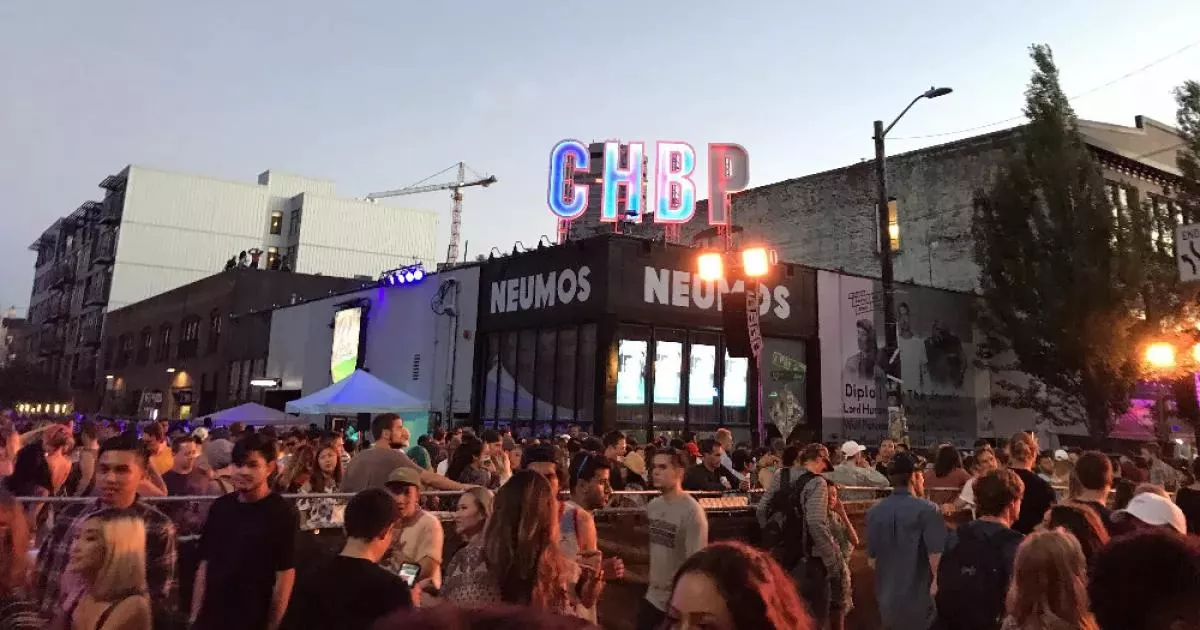Capitol Hill Block Party is a three-day annual music festival in Seattle's Capitol Hill neighborhood, held each July. It showcases diverse genres like pop, R&B, indie rock, punk, and EDM, featuring renowned artists such as Macklemore, Lizzo, and Jack White. Besides musical performances on Pike and Pine Streets, the festival includes free events like yoga and skate competitions in Cal Anderson Park. The event attracts significant brand sponsorships and supports non-profit organizations through a donation program, but the large crowds can cause irritation for nearby businesses.
1997: Capitol Hill Block Party Founded
In 1997, the Capitol Hill Block Party was founded by Jen Gapay. It began as a one-day event featuring a single stage, five bands, and a few DJs.
2000: New Ownership
In 2000, David Meinert and Marcus Charles took over the Capitol Hill Block Party production from Jen Gapay.
2001: Expansion and Ticket Sales Begin
In 2001, the Capitol Hill Block Party expanded to a two-day event with two stages. The new owners secured sponsorship from The Stranger and began charging $8 per ticket for admission.
2001: Ticket Costs Introduced
In 2001, tickets to attend the Capitol Hill Block Party cost $8.
2010: Ticket Prices
In 2010, as the Capitol Hill Block Party expanded to a three-day event, tickets were priced at $23 for a single day pass or $60 for admission to all three days, sold on The Stranger's website.
2010: Expansion to Three Days
In 2010, the Capitol Hill Block Party became a three-day event, with an estimated attendance of 30,000 people. Tickets were priced at $23 for a single-day pass or $60 for admission to all three days.
2011: Jason Lajeunesse Becomes Owner
In 2011, Jason Lajeunesse, who was the festival's programmer and talent buyer, became the owner of Capitol Hill Block Party.
2012: Efforts to Support Local Businesses
In 2012, under the new ownership of Jason Lajeunesse, efforts were made to reduce the negative impact of the Capitol Hill Block Party on local business revenue through marketing.
2013: Charity Donations
In 2013, the Capitol Hill Block Party offered an option to donate to the local non-profit, 12th Avenue Arts project, when purchasing a ticket to the event. Capitol Hill Block Party matched donations up to a total of $5000.
2015: Ticket Price Increase
In 2015, ticket prices for the Capitol Hill Block Party's three-day pass increased depending on the date of purchase, beginning at $99 through April 2, rising to $125 before July 4, and $150 between July 5 and the beginning of the festival. VIP passes cost $250.
2019: Accessibility and Safety Concerns
In 2019, concerns and controversy regarding the Capitol Hill Block Party centered on accessibility and physical safety, including ticket prices, crowd sizes, mobility within the fenced areas, and visibility to local businesses. Changes to the physical layout were required to accommodate surrounding stores and restaurants.
2019: Impact on Local Businesses
In 2019, despite increased visitation, 39% of businesses surveyed for the Capitol Hill Special Events assessment claimed that business decreased as a result of the Capitol Hill Block Party. Complaints also arose regarding vandalism, littering, parking, and traffic.
2019: Matching Donations Program
In 2019, the Capitol Hill Block Party reopened the matching donations program for non-profits Jubilee Women’s Center, The Vera Project, Artists for Progress, and Lifelong.
2019: Ticket Costs
In 2019, tickets to the Capitol Hill Block Party cost $70 for a one-day pass, and three-day passes started at $160. VIP and two-day passes were also available.
2019: Local Artist Focus and Event Scale
Through the 2019 event, Capitol Hill Block Party continued to book large, notable artists while dedicating 65-70% of the lineup to local artists. The event showcased over 120 acts across seven stages.
2020: Cancellation Due to COVID-19
In 2020, the Capitol Hill Block Party was canceled to comply with social distancing mandates imposed during the COVID-19 pandemic.
2021: Cancellation Due to COVID-19
In 2021, the Capitol Hill Block Party was canceled to comply with social distancing mandates imposed during the COVID-19 pandemic.
2025: Reduction to Two Days and Age Restriction
The 2025 edition of the Capitol Hill Block Party was reduced to two days and restricted to attendees over the age of 21.
Mentioned in this timeline

Books are a means of storing information as text or...
Trending
1 month ago Omarion Hampton, Derwin James, Tarheeb Still face injuries: Updates and impact on teams.
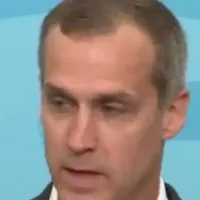
4 months ago Corey Lewandowski's DHS Power Grows Amidst Affair Rumors with Kristi Noem.

7 days ago Alina Habba Disqualified: Court Rules Against Former Trump Lawyer in New Jersey Role

Kris Boyd is a Scottish former professional footballer who played as a forward He is now working as a sports...
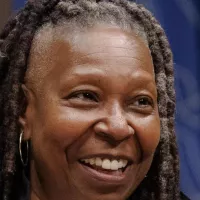
6 months ago Whoopi Goldberg sparks controversy on 'The View,' comparing US to Iran in heated debate.
7 months ago Dengue outbreak in Cook Islands prompts agency response and community clean-ups.
Popular
Matt and Ross Duffer known as the Duffer Brothers are...
Aftyn Alyssa Behn is an American politician currently serving as...

Candace Owens is an American conservative political commentator and author...
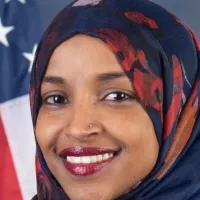
Ilhan Omar is an American politician currently serving as the...

XXXTentacion born Jahseh Dwayne Ricardo Onfroy was a controversial yet...
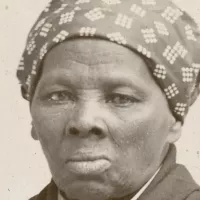
Harriet Tubman was a pivotal American abolitionist and social activist...
